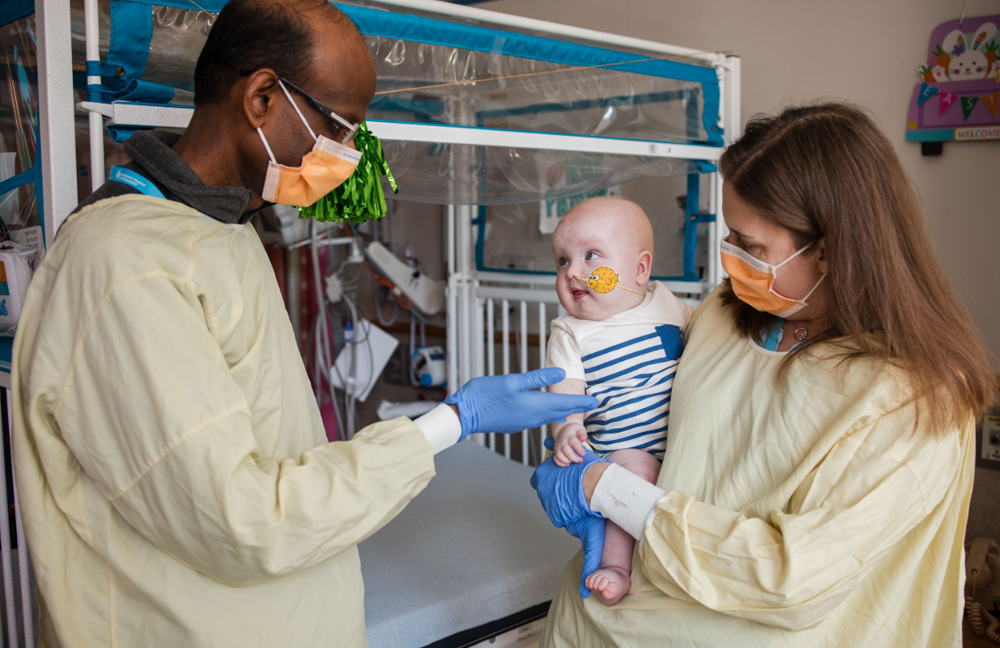
"The FDA approved the IND for KJ's gene-editing therapy within a week, highlighting an unprecedented speed in the regulatory process for this innovative treatment."
"After receiving the gene therapy, KJ experienced improved protein intake without skyrocketing ammonia levels, showcasing the treatment's potential effectiveness."
"Toxicology testing in mice demonstrated a 42 percent whole-liver corrective rate and confirmed safety with no adverse effects in monkeys, supporting the therapy's promise."
"The rushed oversight and approval processes for KJ's clinical trial exemplify how alternative procedures can expedite innovative medical treatments."
KJ's clinical trial for an experimental gene-editing therapy began at four months old, with rapid approval processes by the FDA and local institutions. By month five, promising results from animal testing showed a 42% correction rate of KJ's mutation. Further trials in monkeys indicated no toxicity, prompting the FDA to approve the investigational new drug application in just a week. KJ began the gene therapy at six months, leading to significant improvements in his health, although he still required additional medication to manage ammonia levels.
Read at Ars Technica
Unable to calculate read time
Collection
[
|
...
]